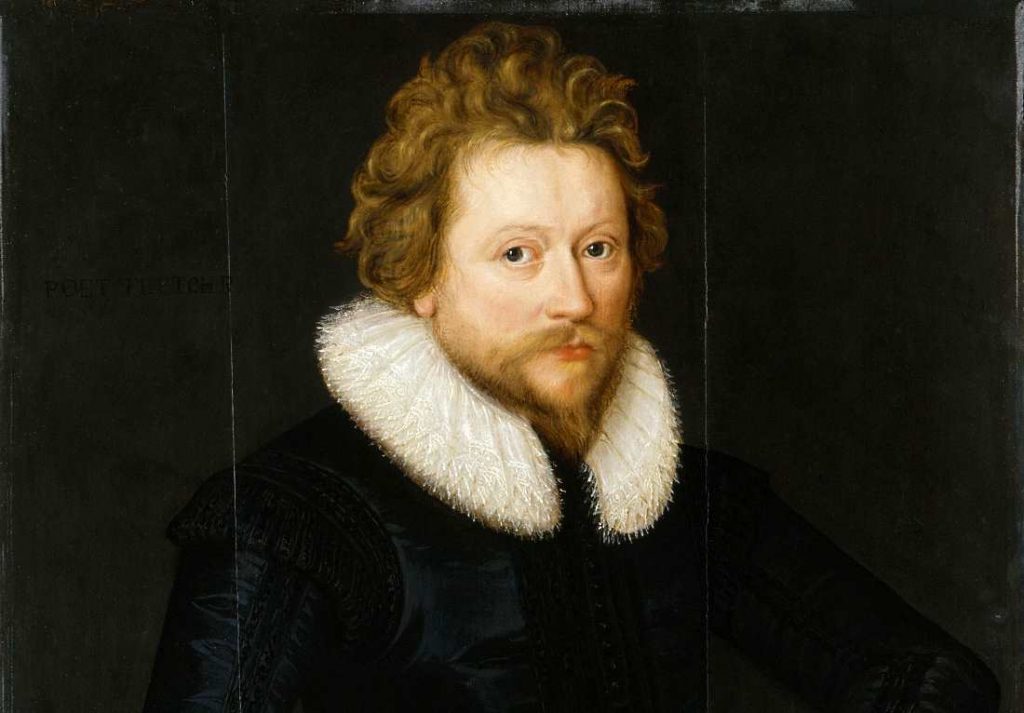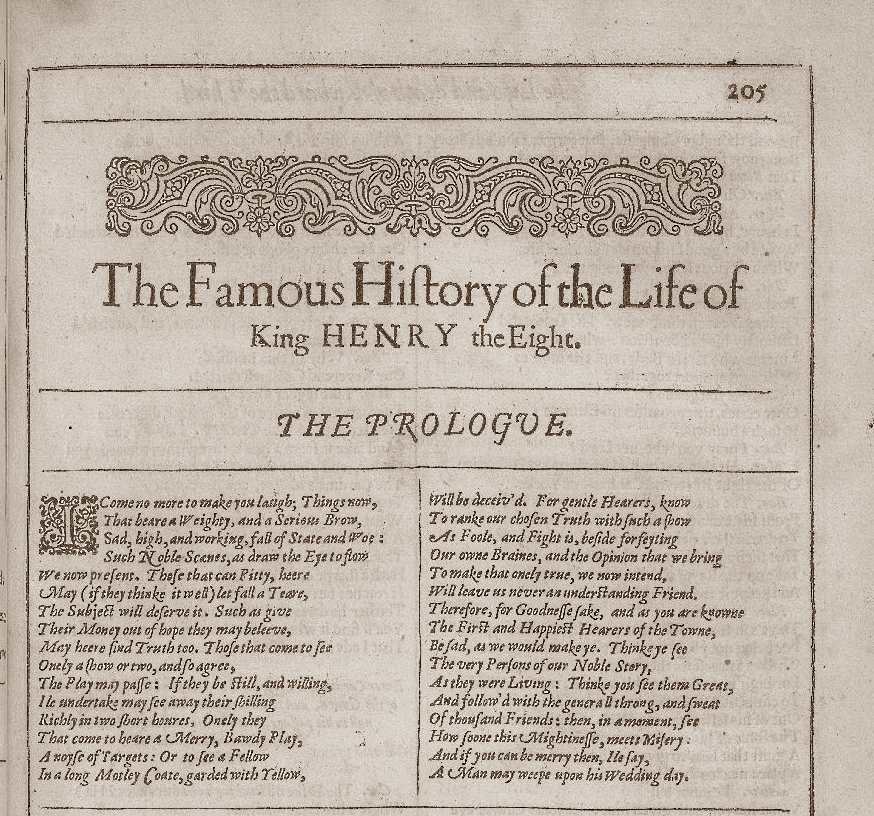British playwright William Shakespeare gets all the credit for his plays, but he had help on a some of them. A Czech researcher used an artificial intelligence algorithm to see just how much help he had on Henry VIII, one of his later efforts. It turns out that Shakespeare only wrote about half of the play, and the rest was by another writer named John Fletcher.
Petr Plecháč of the Czech Academy of Sciences fed undisputed works of both playwrights into a machine learning algorithm so it could learn phrases and patterns distinctive to each author. From Shakespeare, he used Coriolanus, Cymbeline, The Winter’s Tale, and The Tempest. Fletcher’s works were Valentinian, Monsieur Thomas, The Woman’s Prize, and Bonduca.
There
are
some obvious differences. Fletcher
often used the same set of words to fill out the last beat in a line
of iambic pentameter. He also wrote “ye” where Shakespeare would
write “you.” Other differences are more complex.
“The versified play Henry VIII is nowadays widely recognized to be a collaborative work not written solely by William Shakespeare. We employ combined analysis of vocabulary and versification together with machine learning techniques to determine which authors also took part in the writing of the play and what were their relative contributions,” Plecháč said in the abstract for his research paper called “Relative contributions of Shakespeare and Fletcher in Henry VIII: An Analysis Based on Most Frequent Words and Most Frequent Rhythmic Patterns.”

The
idea that Fletcher wrote parts of the play is not new. Literary
scholar James Spedding in the 1850 first suggested Fletcher as the
author of several scenes.
Modern scholar Thomas Merriam
expanded on the theory.
What
makes Plecháč’s
research new is that is
graphs
the probability for the
authorship of each line in
the play.
“Unlike
most previous studies, we go beyond the attribution of particular
scenes and use the rolling attribution approach to determine the
probabilities of authorship of pieces of texts, without respecting
the scene boundaries. Our results highly support the canonical
division of the play between William Shakespeare and John Fletcher
proposed by James Spedding, but also bring new evidence supporting
the modifications proposed later by Thomas Merriam,” Plecháč
said.
The
result shows large blocks for each author, but they don’t generally
correspond to the starts and ends of the scenes or acts. According
to the machine analysis, the collaboration was not on a
scene-by-scene basis, but instead
one author would take over at
the end of a scene and then write most of the next one. It
is also likely the Shakespeare wrote the opening scenes, while
Fletcher wrote the ending.

Plecháč also looked into a theory that playwright Philip Massinger, who also wrote plays for the King’s Men troupe that Shakespeare belonged to, had a hand in Henry VIII. The analysis did not find any evidence of that.
Henry VIII, or as it is called in early printings, The Famous History of the Life of King Henry Eight,is known for bringing down the house. At one of the first performances in 1613, a special effects cannon shot set the straw roof of the Globe Theatre on fire, and the venue burned to the ground.
Similar artificial intelligence programs have been applied to music and painting, not only to determine authorship but to make new works in the style of known authors. New pieces inspired by 19th century Czech composer Antonín Dvořák, made with an artificial intelligence program, were recently performed in Prague.
Similar
programs make new paintings based on the works of Van Gough and other
recognizable masters.












 Reading time: 3 minutes
Reading time: 3 minutes 






















